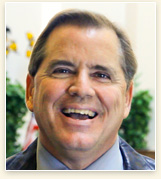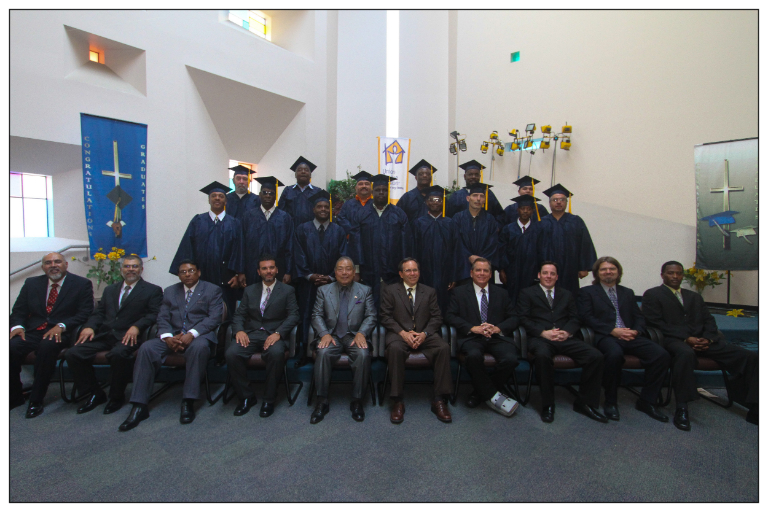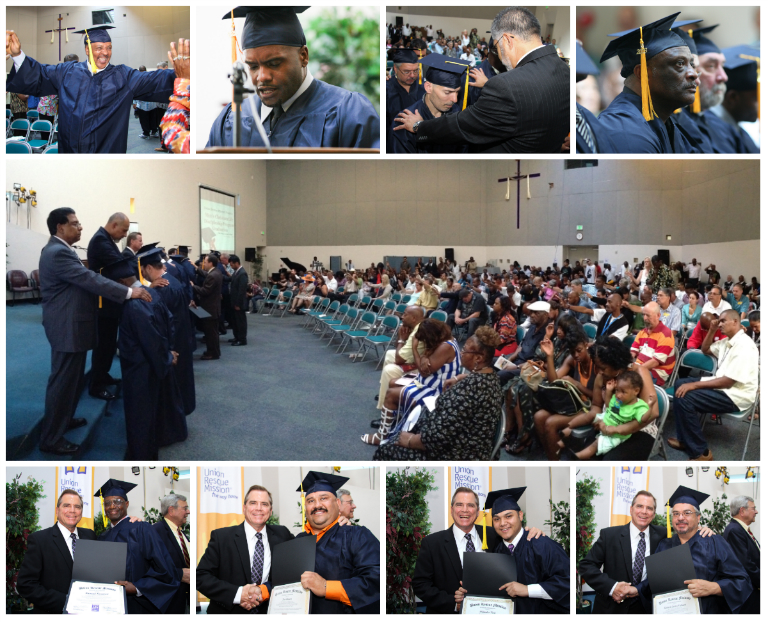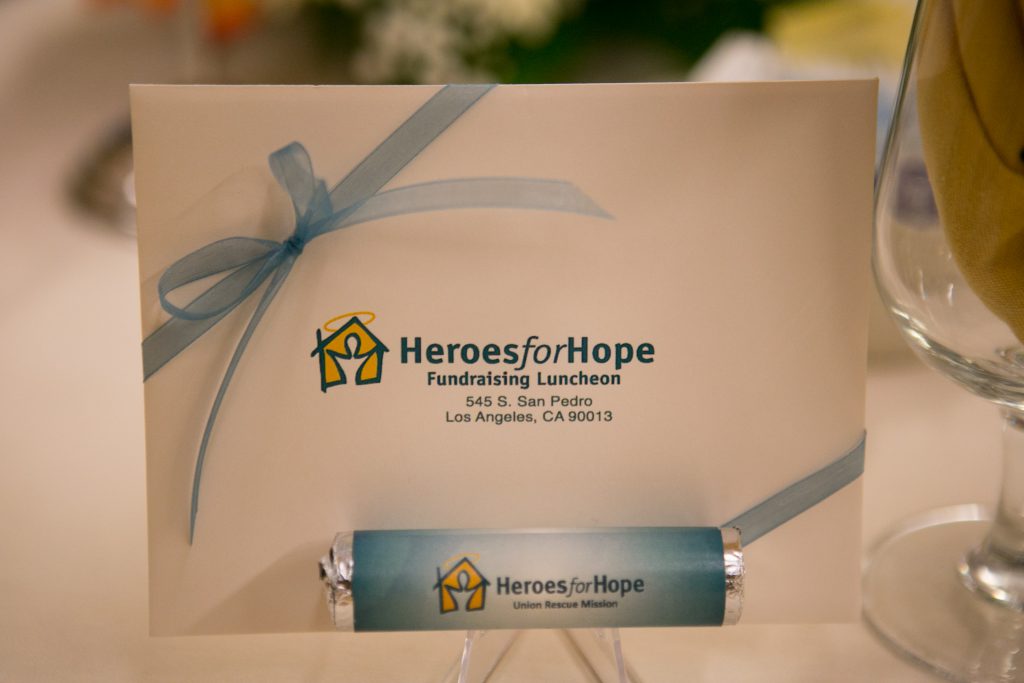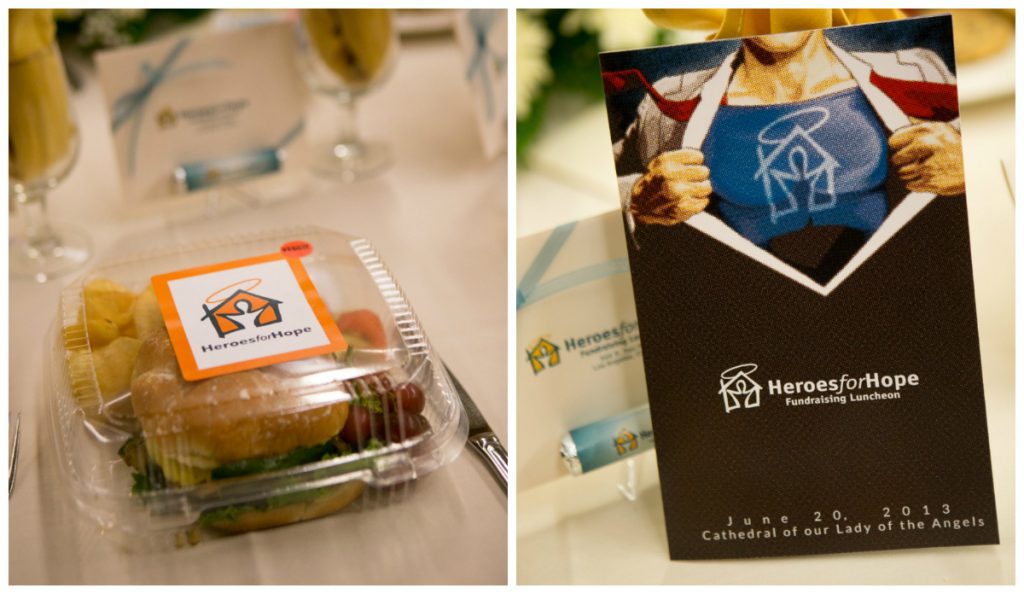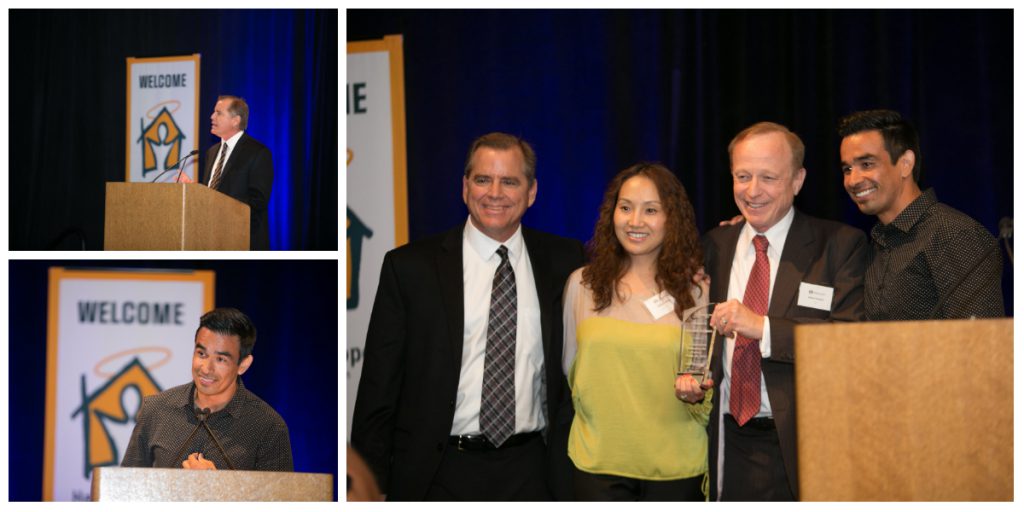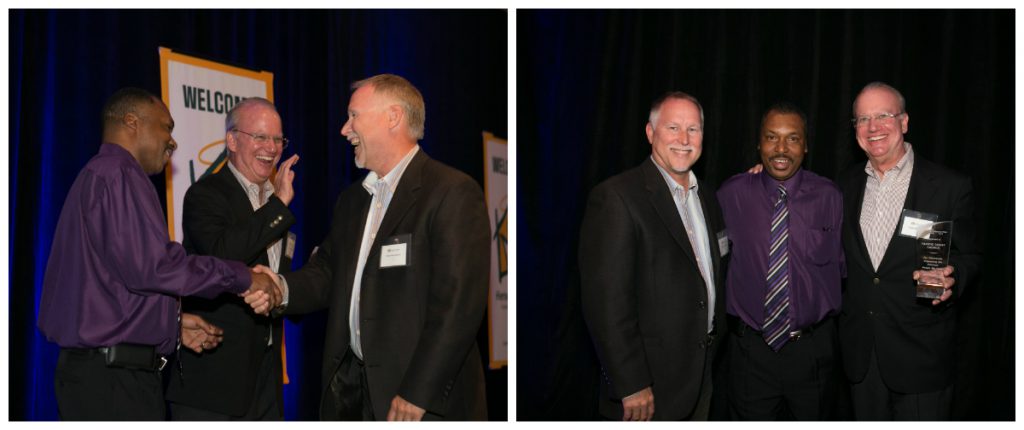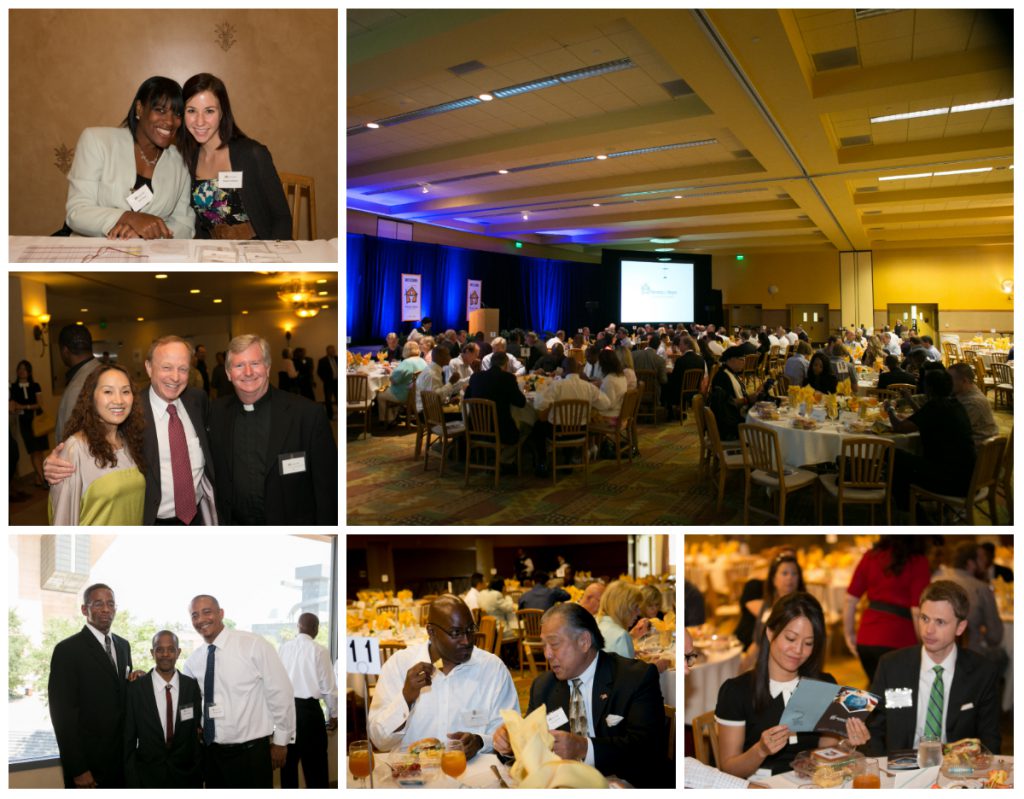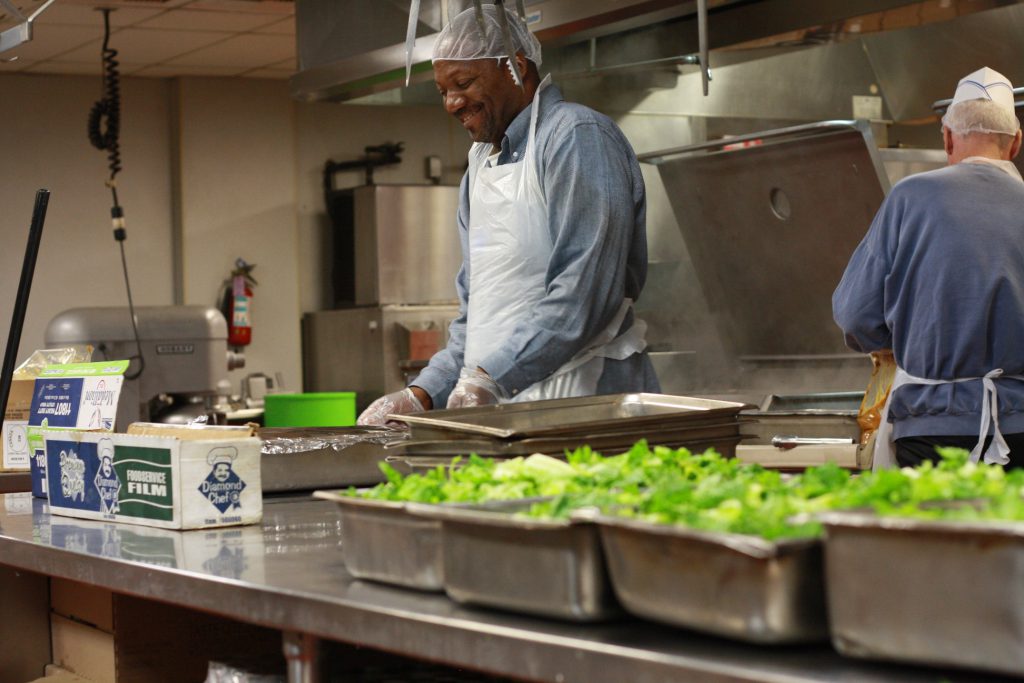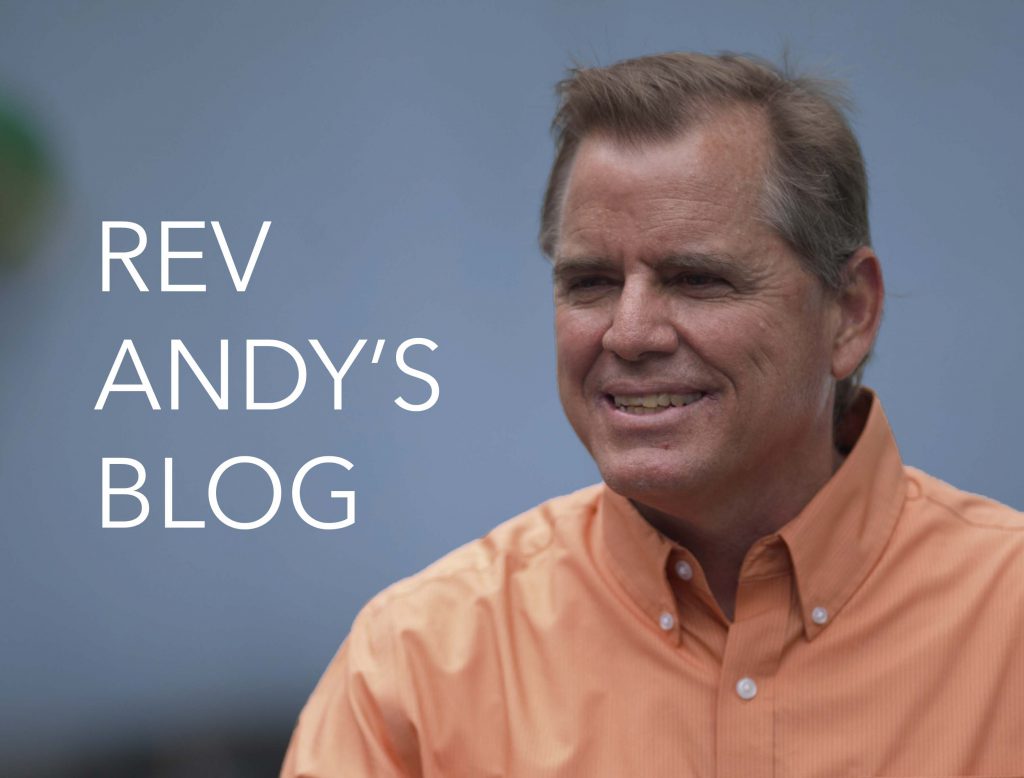
A few years ago URM came up with a 10 step plan to end homelessness that we really believed in. Our goal was to get all people off the streets of Skid Row by 2016. You can view the well thought out plan at You Are The Mission.
Our Federal government, local Chamber of Commerce, United Way, and others also came up with a plan called Home For Good LA—they believed this would end chronic and veteran’s homelessness in Los Angeles by 2016.
Despite the well intended plans of many, homelessness has increased by 16% in the Los Angeles area in the last two years. Though veterans’ homelessness has decreased with the increased attention, single male and female homelessness has increased in spite of the increased Home for Good focus on these two groups of individuals experiencing homelessness.
Prior to 2012, there were several years where the number of people residing on Skid Row in Los Angeles was decreasing. This year, the numbers of people on the streets have jumped dramatically. In fact, I have never seen so many people on the streets of Skid Row in my nearly 14 years of volunteering or working here. It is frustrating to admit that whatever we are all doing; including the Federal Government, local government, local Chamber, United Way, Home For Good LA, and others — we are not ending homelessness.
The theory of focusing on the “anchor” people (who have been chronically homeless for years) and getting them off of the streets, so that homelessness would end, is simply not valid.
By shifting most of the resources on the few (10% to 20% of those experiencing homelessness – the Chronic and Veterans), most of the resources have shifted away from the other 80% to 90% experiencing homelessness; families, children, those on the edge and falling in and out of homelessness—and left them out in the cold.
Studies of adults experiencing chronic homelessness suggest that they were once chronically impoverished or homeless children, which may very well mean today’s chronically impoverished & homeless children will be tomorrow’s chronically homeless adults. This leads me to predict that efforts put forth by all of those focused only on the few right now will actually lead to increased homelessness — not only in the now and near future, but in the long run. In fact, I would declare right now we have an epidemic of homelessness that will only increase.
One of my respected and trusted peers, Larry Adamson, CEO and President of The Midnight Mission, says our Federal Government’s plan calls for people receiving housing and depending on the government in perpetuity. Neither Larry nor I believe this is a sustainable plan now or in the future as homelessness continues to increase.
Another knowledgeable trusted colleague has a more cynical view toward our Federal Government’s plan. He and others believe the plan is to make people experiencing homelessness obscure and out of sight, stuck away in very small quarters without the services they so desperately need to turn their lives around. Union Rescue Mission believes in ending homelessness, one life at a time, through Life Transformation. We believe our role in this challenge of homelessness is life transformation, followed by a job, followed by a home.
I’m not here to put the blame on anyone in particular. The truth is no one can keep up with the increasing numbers of people experiencing homelessness our American Culture is producing.
One of the most common denominators for homelessness is isolation. Too often we hear “I have no ties to family” as the first of many issues that led to a guest becoming homeless. Families were disintegrated or bridges were burned, young people have ended up in foster care and then left foster care only to end up homeless or in prison and on their own. The reality is that broken relationships result in broken lives. Broken people lose touch with their humanity, their dignity, and their value as a person created by God. They are truly lost.
Many of the people who come to us are lost and don’t know it. Some are lost and have ceased to care. At Union Rescue Mission we believe our job is to reach out to them one life at a time with the most potent alternative, a relationship with Christ. It is our job to present the Gospel in words, actions, and commitment. Then and only then can the cycle of isolation, lack of family, lack of community that can lead to addiction, mental illness and yes, even homelessness be broken.
Until we address our families and culture of isolation, and develop a heart that will not allow even one person to be on their own living on the streets, we will not end homelessness.
Blessings,
Rev. Andy Bales
Written with assistance from URM teammates: Chaplain Steve Borja, Jacqui Groseth, and Kitty Davis-Walker.
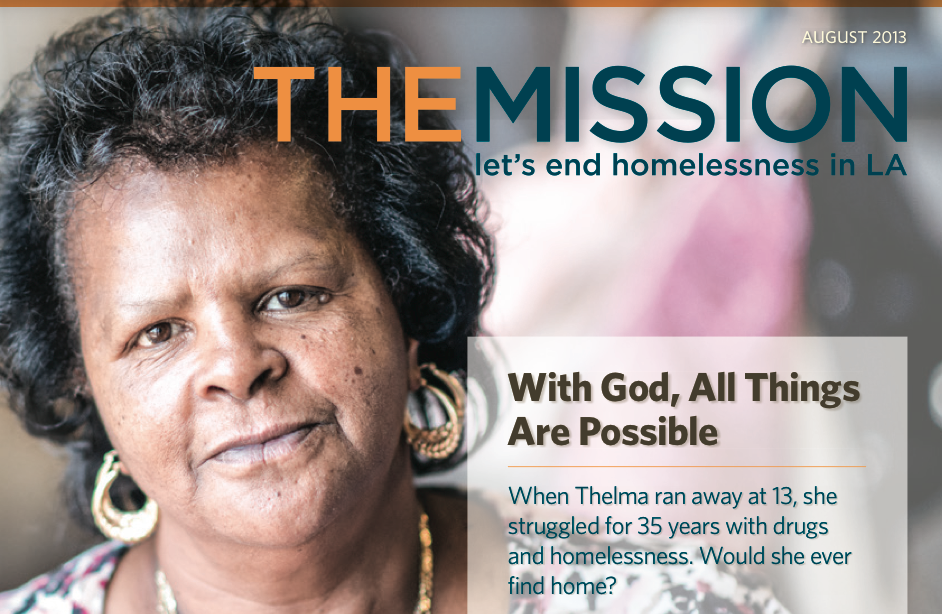











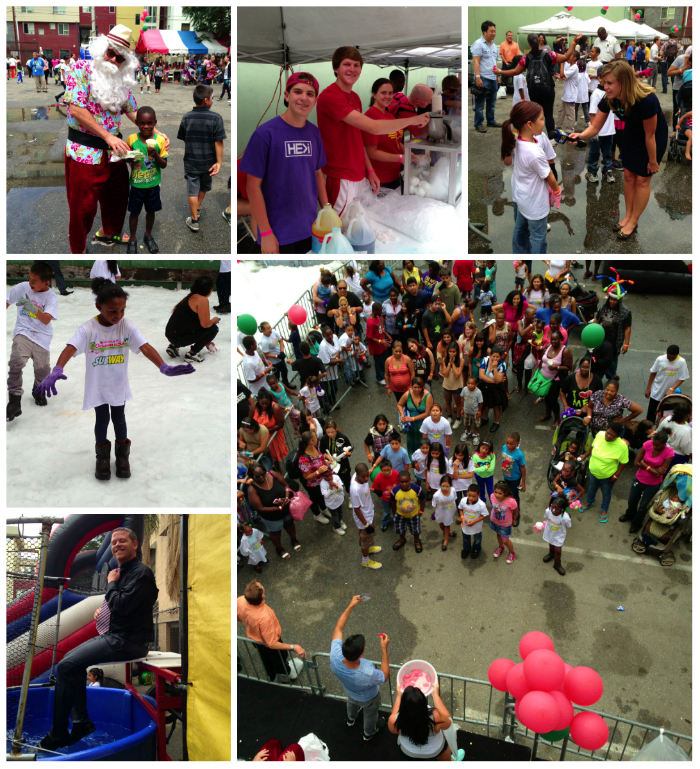

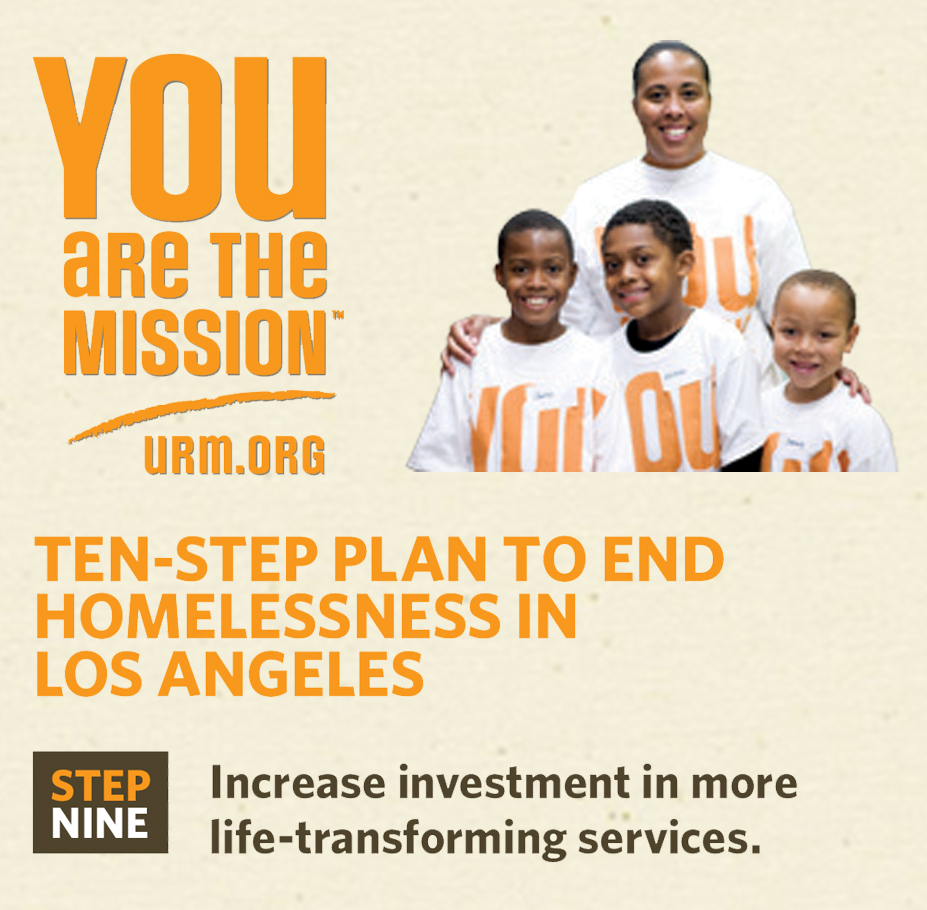 Men and women trapped in homelessness often have significant barriers to overcome before they can return to a productive life. Agencies like Union Rescue Mission offer structured, long-term recovery programs that have helped thousands of individuals and families address and overcome their obstacles and return to the community as productive citizens.
Men and women trapped in homelessness often have significant barriers to overcome before they can return to a productive life. Agencies like Union Rescue Mission offer structured, long-term recovery programs that have helped thousands of individuals and families address and overcome their obstacles and return to the community as productive citizens.